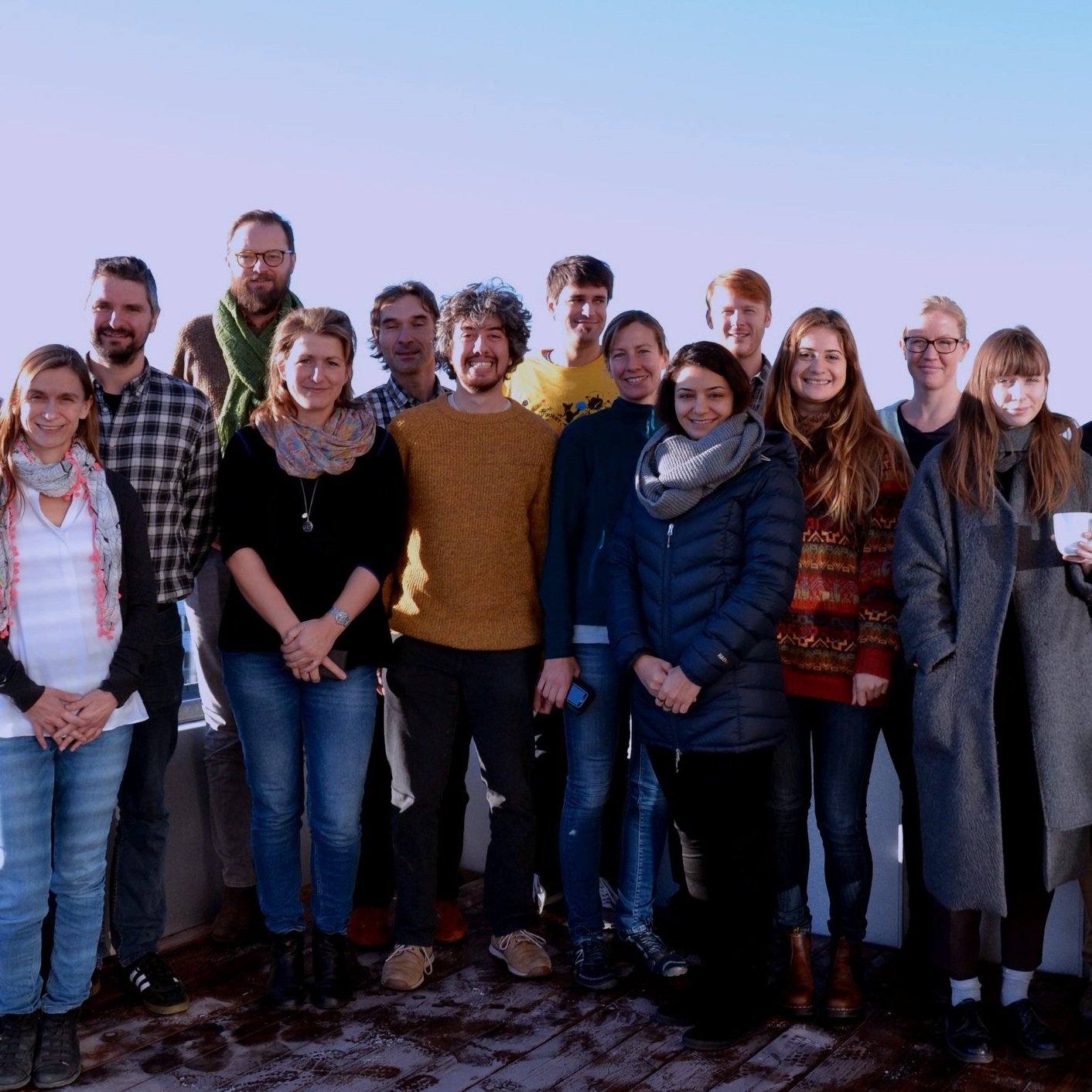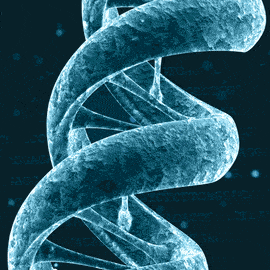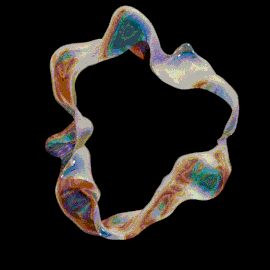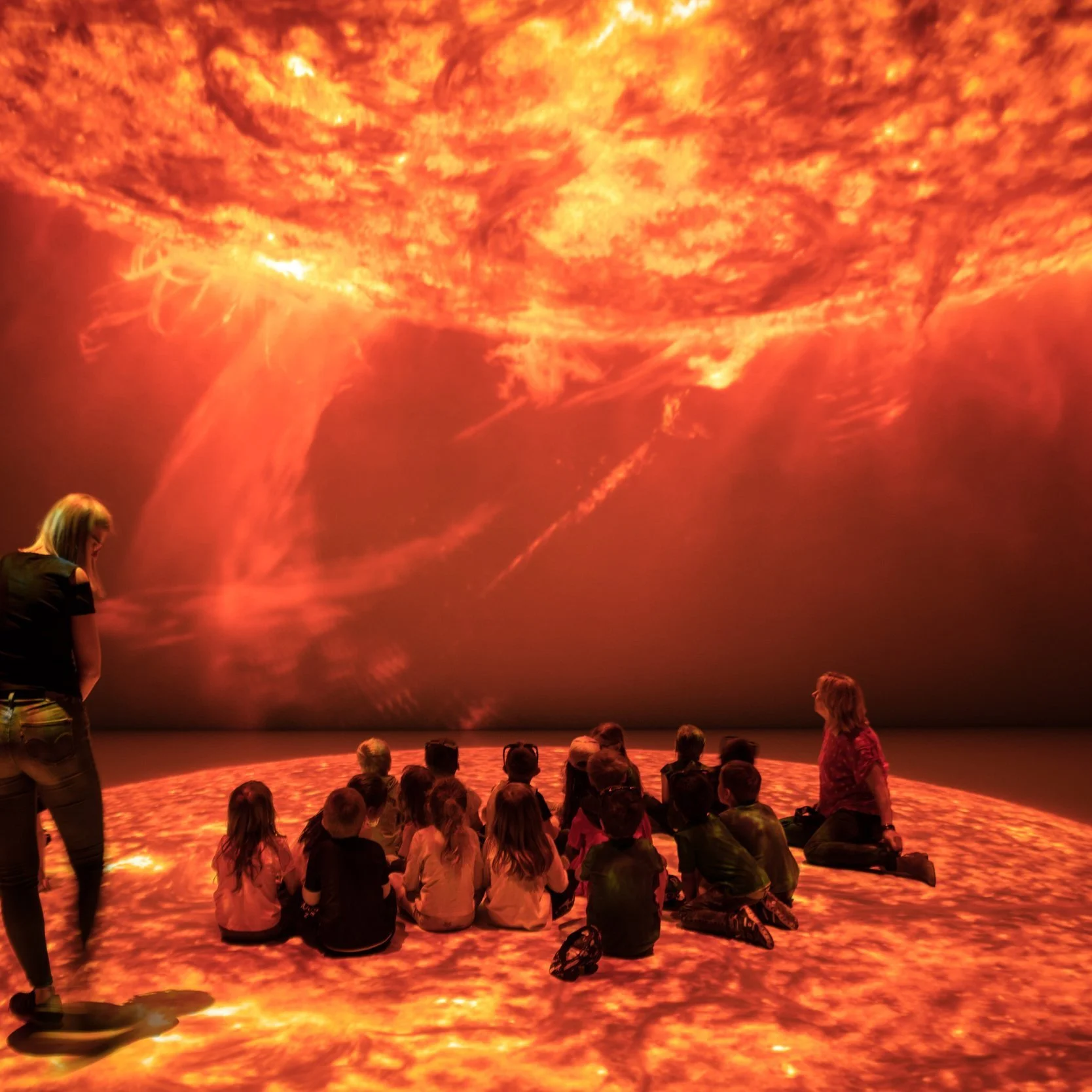When: June 9, 12:00–17:00 CET
Title: Small Angle Scattering Data Clinic
Where: at LINXS, Scheelevägen 19, Lund (physical participation only)
Who can benefit: Scientists at any level, such as PhD students, postdocs, and new SAS-users.
Description:
LINXS together with ESS and MAX IV-laboratory are now offering a SAS-clinic with focus on small angle X-ray/neutron scattering.
The aim is to provide help to users with the initial analysis of their already acquired and treated SAS-data.
Through this clinic, we hope to achieve an interchange of experiences, and give advice to less experienced people interested in SAS, hence it should not be considered as supervision or collaboration per se. For analysis, we will primarily provide expertise in SasView and ATSAS, however, other software tools and solutions can also be discussed. Specific questions are encouraged.
Registration details: Please describe your problem as detailed as possible when you register. We will accept 3-4 projects and the applications will be evaluated as they come in. The absolute latest day to register is May 30, but note that the registration will close when the clinic is full so do not wait to apply. We expect that accepted participants will share their dataset with the experts about a week before the clinic starts.
Organisers: Marie Skepö (LU), Tomás Plivelic (MAX IV) and Wojciech Potrzebowski (ESS)
Contact: Please contact josefin.martell@linxs.lu.se for any practical questions.
During our events we sometimes take photographs and short film clips to profile our activities. Please let us know if you don’t want to be in any photos/films before we start the event. Some webinars are recorded to be used for educational purposes in the LINXS website.
By registering to our events you give your permission to LINXS, according to the General Data Protection Regulation (GDPR), to register your name and e-mail address to be used for the sole purpose of distributing newsletters and communications on LINXS activities.





















